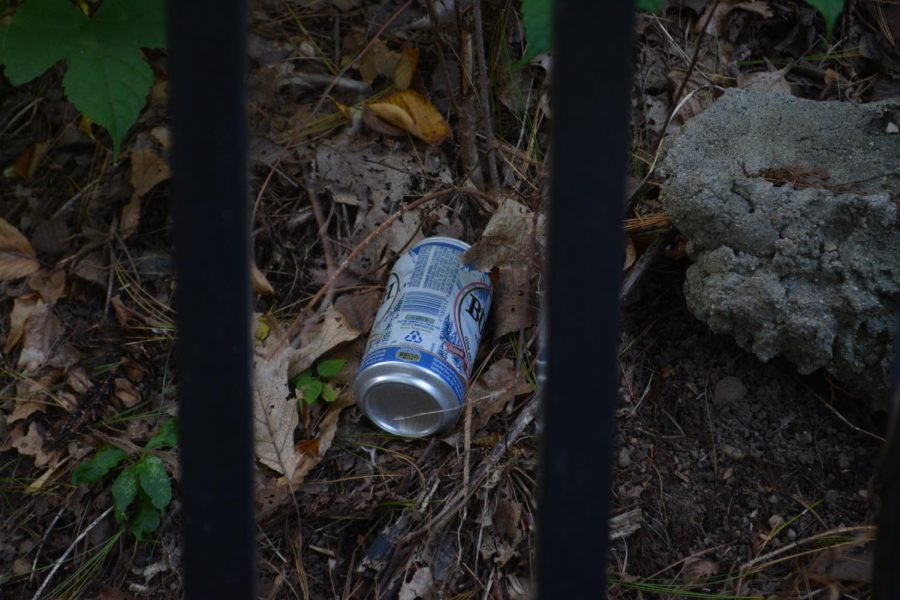Part of what makes “The Most Magical Place on Earth,” so magical is how clean it is. In Walt Disney World, there is never a trash can further than 30 feet away from you. Walt Disney himself researched how long people held onto a piece of trash before dropping it on the ground, and he found the magic number to be 30 feet.
The idea that people will drop something on the ground if they have to walk more than 30 steps to throw it away may seem ridiculous, but whether it’s moms at a park trying to fit in their itinerary or college students running from one class to the next, people are in a rush. When you are hurrying along from one place to another, you don’t always have time to map a trash can into your route if it’s not convenient. That’s why Walt Disney made sure his guests never had to walk more than 30 steps to locate one.
The University of Massachusetts needs to take a page from Disney’s book. When walking around campus, a trash can within 30 feet of you is a very rare sight. In my travels, the onlytrash cans I’ve taken note of are placed beside bus stops and the very occasional building. The area around the library seems to be the only sanctuary for trash and recycling bins, but that isn’t always an easy stop for students to make. If one was to follow the average student around, I believe most would have the best intentions in mind but eventually admit defeat in finding a trash can. At that point they may either drop it or shove it in a pocket only for it to fall out unnoticed. The lack of places for students to properly dispose of waste, therefore, leads to an excess of litter.
Whether intentional or not on students’ part, the campus begins to feel dirty and unkempt when trash litters the streets. When the campus looks like it’s not treated with love and respect, it reflects in people’s attitudes towards the University. In a study from Brigham Young University, it was found that campus maintenance has direct ties to student success. In a poll of nearly 15,000 students, “88 percent of students find that a lack of cleanliness can be a distraction to their learning experience.” I certainly slot into that 88 percent, as I do my best in a clean, safe environment.
This issue goes beyond trash into the larger problem of mental clutter. It is essential for the campus to feel neat to ensure its student’s success. Rather than pinning the issue on UMass’ students, it is up to the administration to do something about it and enact change. By following Disney’s example, rather than only making a push for no littering, the administrators should meet busy college students in the middle with more trash cans. You can’t change human behavior, but you can account for it and design around it exactly as he did.
It’s time the administration does something about this issue and the Student Government Association is demanding change. This Wednesday, SGA met to discuss an increase in the amount of trash and recycling bins on campus. The motion saw mass support from SGA members and students as one senator noted “the most common complaint they hear fromstudents is the lack of trash cans on campus.” This issue has been brought to the attention of the administration before without success. With an influx of new students now that COVID-19 restrictions have been relaxed, it is the perfect time for a change.
More trash cans would equal less litter. Every 30 feet may be too lofty a goal, we can’t all be Walt Disney after all, but any increase would still make a world of difference. The Disney logic is the more you keep a place tidy the more magical it is. Let’s make our campus a more magical place!
Olivia dePunte can be reached at [email protected].



















